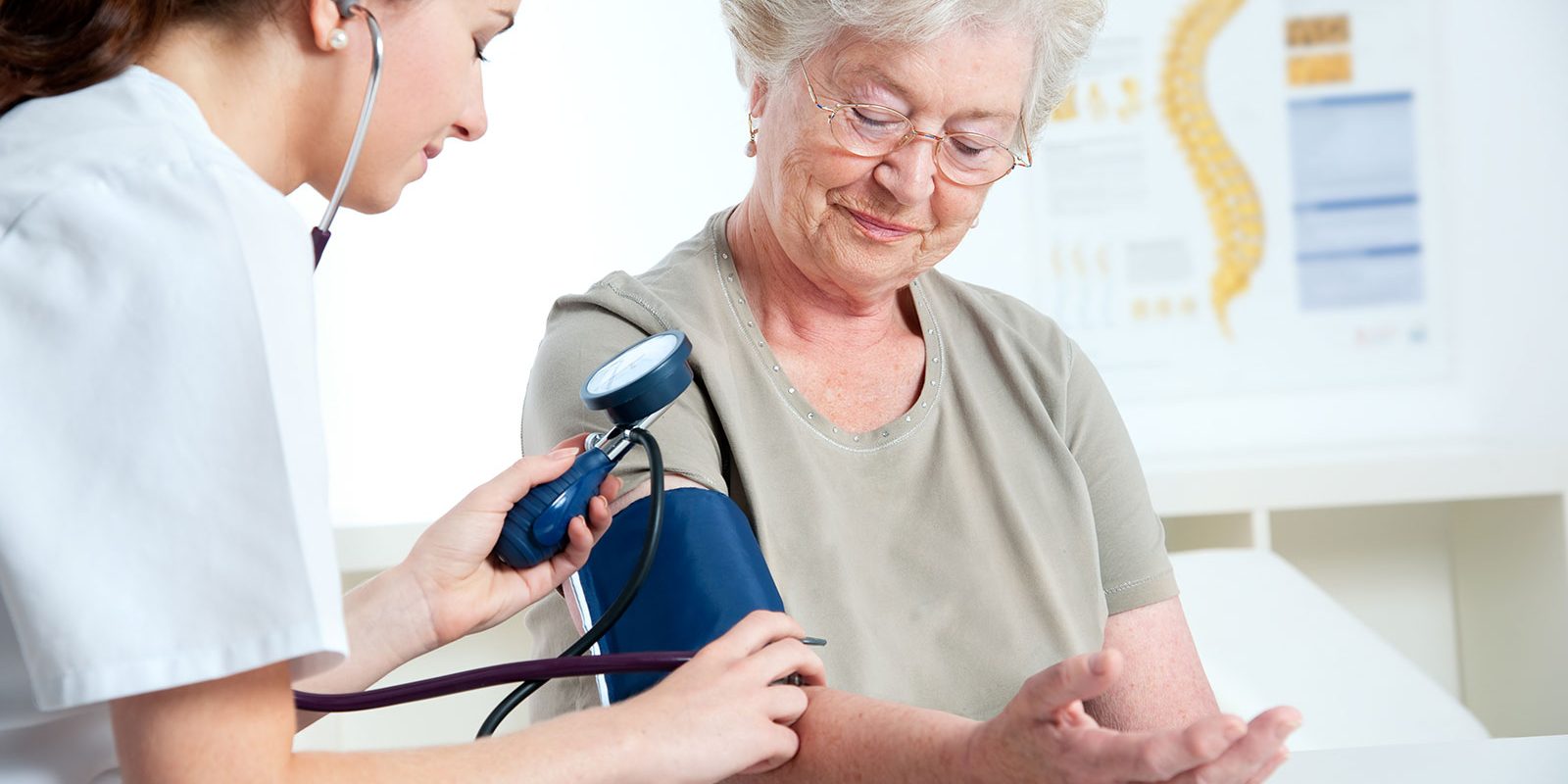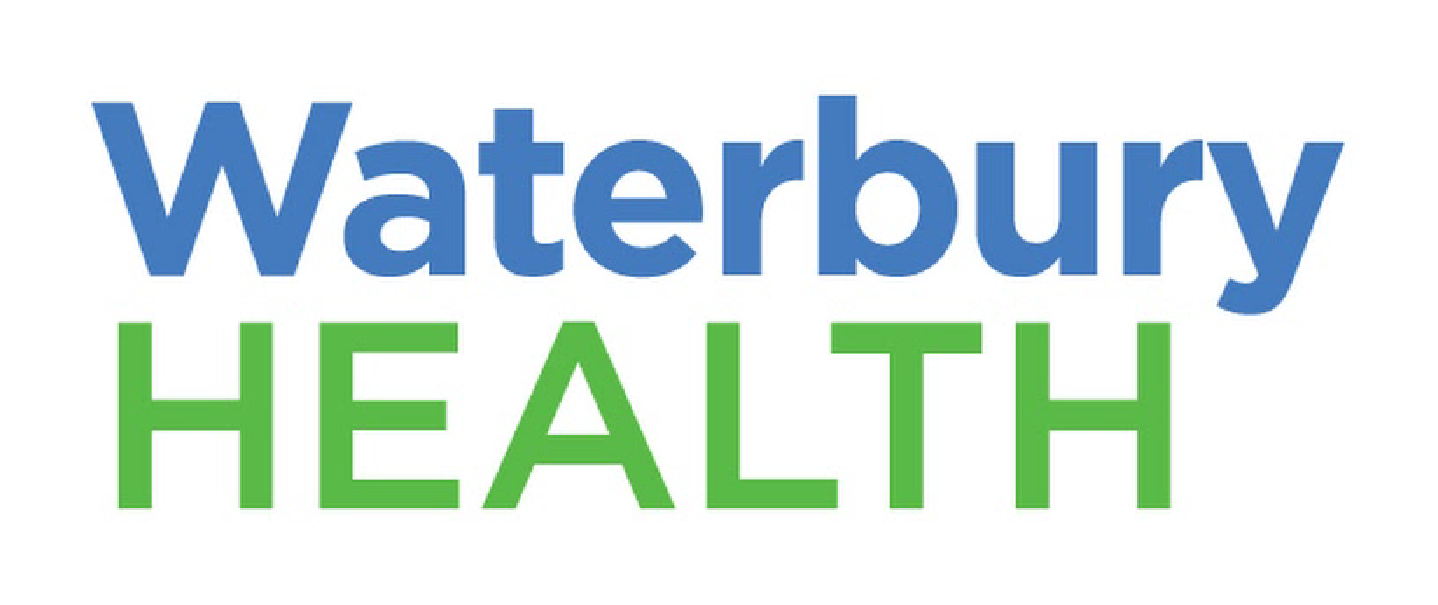Prevention and Wellness Through the Decades

Instead of having your doctor treat a condition or disease already underway, what if you could avoid getting sick in the first place? Preventative medicine is an approach to care that promotes health and well-being in order to prevent disease or disability from happening. At the Women’s Health Program at Waterbury HEALTH, we believe that prevention and health maintenance should be a priority for all women, no matter what stage of life they are in.
The following is a general list of guidelines for women’s prevention and wellness through the decades. The guidelines are based on screening recommendations set by the U.S. Preventative Services Task Force (USPSTF), an independent panel of national experts in prevention and evidence-based medicine. The exact types and frequency of screenings will vary depending on individual risk factors like preexisting conditions, family history, genetics, race/ethnicity, or pregnancy.
For a personalized health risk assessment by our expert team, or to schedule any of the screening tests listed below, please call our personal health navigator service at (888) 504-4HER to make an appointment.
Preventative care in your 20s
- Full check-up: Adults in their 20s without chronic conditions should have a periodic health maintenance visit every three years.
- Heart-health risk assessment: All adults in their 20s should undergo cardiovascular risk assessment every three to five years to estimate their risk of heart disease. Your doctor will ask you questions about family history, diet, smoking, physical activity, and other risk factors.
- High blood pressure screening: All adults in their 20s should have their blood pressure checked every three to five years.
- Cervical cancer screening: Women aged 21 to 29 with average risk should have a Pap test screening every three years.
- Annual flu shot: All adults should receive an annual influenza vaccine.
- HPV vaccine: By age 26, all adults should have received the human papillomavirus (HPV) vaccine.
- Sexually transmitted infections screening: Sexually active women under 25 should be screened for chlamydia, gonorrhea, and HIV infection.
- Behavioral health screening: All adults in their 20s should be screened for depression, unhealthy alcohol or drug use, tobacco use, and intimate partner violence.
Preventative care in your 30s
- Full check-up: Adults in their 30s without chronic conditions should have a periodic health maintenance visit every three years.
- Heart-health risk assessment: All adults in their 30s should undergo cardiovascular risk assessment every three to five years to estimate their risk of heart disease. Your doctor will ask you questions about family history, diet, smoking, physical activity, and other risk factors.
- High blood pressure screening: All adults in their 30s should have their blood pressure checked every three to five years.
- Cervical cancer screening: Women in their 30s with average risk should have a Pap test screening every three years.
- Annual flu shot: All adults should receive an annual influenza vaccine.
- Sexually transmitted infections screening: Adults in their 30s should be screened for HIV infection.
- Behavioral health screening: All adults in their 30s should be screened for depression, unhealthy alcohol or drug use, tobacco use, and intimate partner violence.
Preventative care in your 40s
- Full check-up: Adults in their 40s without chronic conditions should have a periodic health maintenance visit every three years.
- Heart-health risk assessment: All adults in their 40s should undergo cardiovascular risk assessment every three to five years to estimate their risk of heart disease. Your doctor will ask you questions about family history, diet, smoking, physical activity, and other risk factors.
- High blood pressure screening: All adults in their 40s should have their blood pressure checked every year.
- High cholesterol screening: Women aged 45 to 49 should have their cholesterol checked every five years.
- Cancer prevention: Avoid smoking, be physically active, maintain a healthy weight, eat a healthy diet, protect against sexually transmitted infections, limit alcohol consumption, and avoid excess sun exposure.
- Cervical cancer screening: Women in their 40s with average risk should have a Pap test screening every three years.
- Osteoporosis screening: Postmenopausal women with risk factors for osteoporosis should undergo bone density testing.
- Lung cancer screening: Current smokers and those who have quit within the past 15 years should have a low-dose CT scan every year.
- Annual flu shot: All adults should receive an annual influenza vaccine.
- Sexually transmitted infections screening: Adults in their 40s should be screened for HIV infection.
- Behavioral health screening: All adults in their 40s should be screened for depression, unhealthy alcohol or drug use, tobacco use, and intimate partner violence.
Preventative care in your 50s
- Full check-up: Adults in their 50s without chronic conditions should have a periodic health maintenance visit every year.
- Heart-health risk assessment: All adults in their 50s should undergo cardiovascular risk assessment every three to five years to estimate their risk of heart disease. Your doctor will ask you questions about family history, diet, smoking, physical activity, and other risk factors.
- High blood pressure screening: All adults in their 50s should have their blood pressure checked every year.
- High cholesterol screening: All women in their 50s should have their cholesterol checked every five years.
- Cancer prevention: Avoid smoking, be physically active, maintain a healthy weight, eat a healthy diet, protect against sexually transmitted infections, limit alcohol consumption, and avoid excess sun exposure.
- Breast cancer screening: Women in their 50s with average risk should receive a mammogram every two years.
- Cervical cancer screening: Women in their 50s with average risk should have a Pap test screening every three years.
- Colorectal cancer screening: All adults in their 50s should be screened for colorectal cancer with a stool test, colonoscopy, or other method.
- Osteoporosis screening: Postmenopausal women with risk factors for osteoporosis should undergo bone density testing.
- Lung cancer screening: Current smokers and those who have quit within the past 15 years should have a low-dose CT scan every year.
- Annual flu shot: All adults should receive an annual influenza vaccine.
- Sexually transmitted infections screening: Adults in their 50s should be screened for HIV infection.
- Behavioral health screening: All adults in their 50s should be screened for depression, unhealthy alcohol or drug use, tobacco use, and intimate partner violence.
Preventative care in your 60s and beyond
- Full check-up: Adults aged 60 or older without chronic conditions should have a periodic health maintenance visit every year.
- Heart-health risk assessment: All adults aged 60 or older should undergo cardiovascular risk assessment every three to five years to estimate their risk of heart disease. Your doctor will ask you questions about family history, diet, smoking, physical activity, and other risk factors.
- High blood pressure screening: All adults aged 60 or older should have their blood pressure checked every year.
- High cholesterol screening: Women aged 60 or older should have their cholesterol checked every five years. Those who have had multiple tests with acceptable cholesterol levels may stop screening at age 65.
- Cancer prevention: Avoid smoking, be physically active, maintain a healthy weight, eat a healthy diet, protect against sexually transmitted infections, limit alcohol consumption, and avoid excess sun exposure.
- Breast cancer screening: Women aged 60 to 74 with average risk should receive a mammogram every two years. Mammography should be continued as long as an individual has a life expectancy of at least 10 years.
- Cervical cancer screening: Women aged 60 to 65 with average risk should have a Pap test screening every three years.
- Colorectal cancer screening: Adults aged 60 to 75 should be screened for colorectal cancer with a stool test, colonoscopy, or other method.
- Osteoporosis screening: Women aged 65 or older should undergo bone density testing to check for osteoporosis.
- Lung cancer screening: Current smokers and those who have quit within the past 15 years should have a low-dose CT scan every year.
- Annual flu shot: All adults should receive an annual influenza vaccine.
- Sexually transmitted infections screening: All adults should be screened for HIV infection until age 65.
- Behavioral health screening: Adults aged 60 or older should be screened for depression, unhealthy alcohol or drug use, tobacco use, and intimate partner violence.
